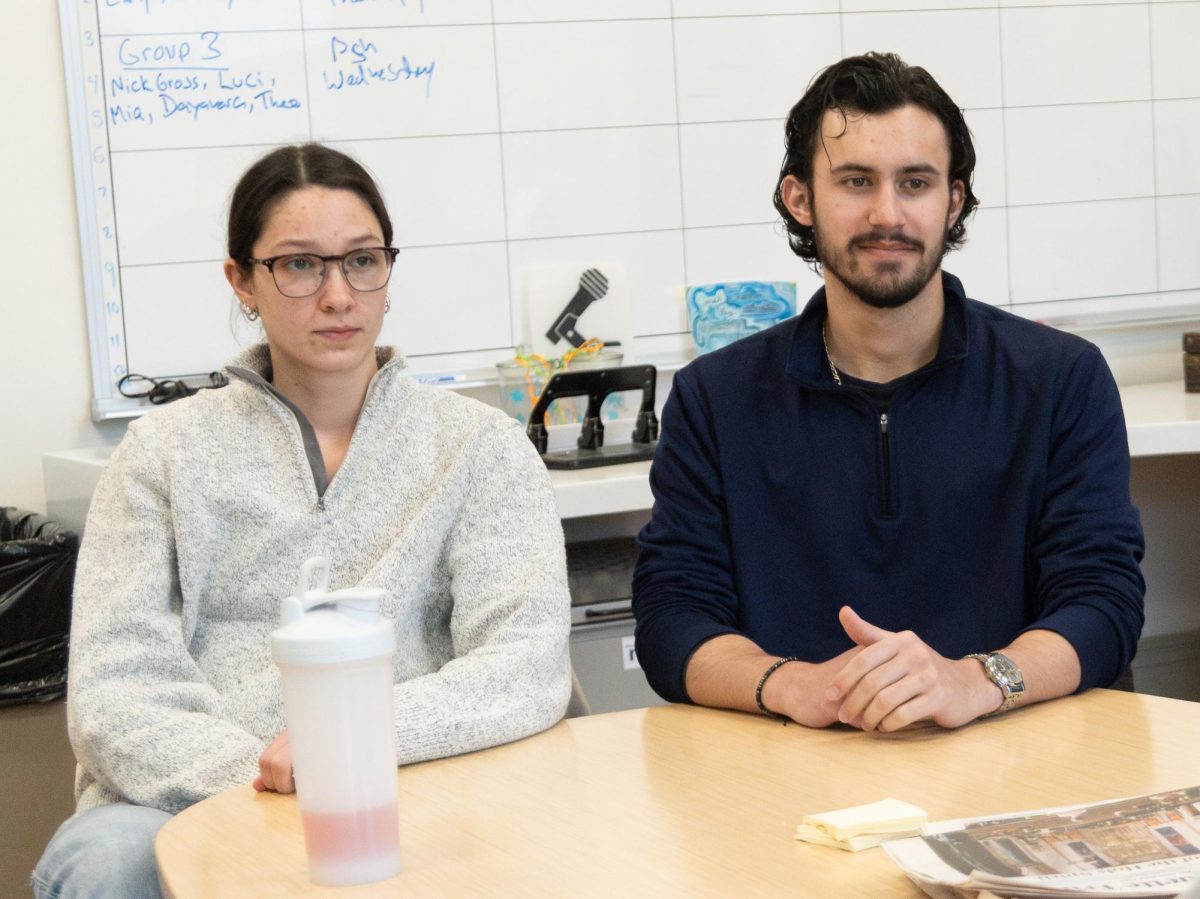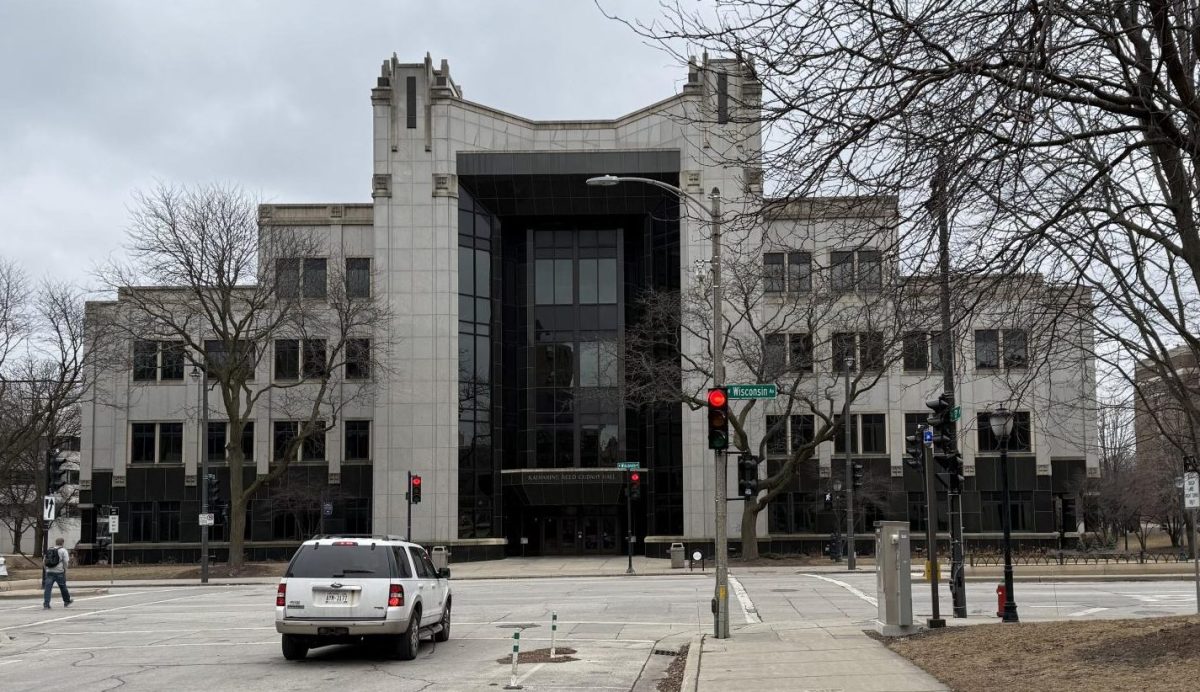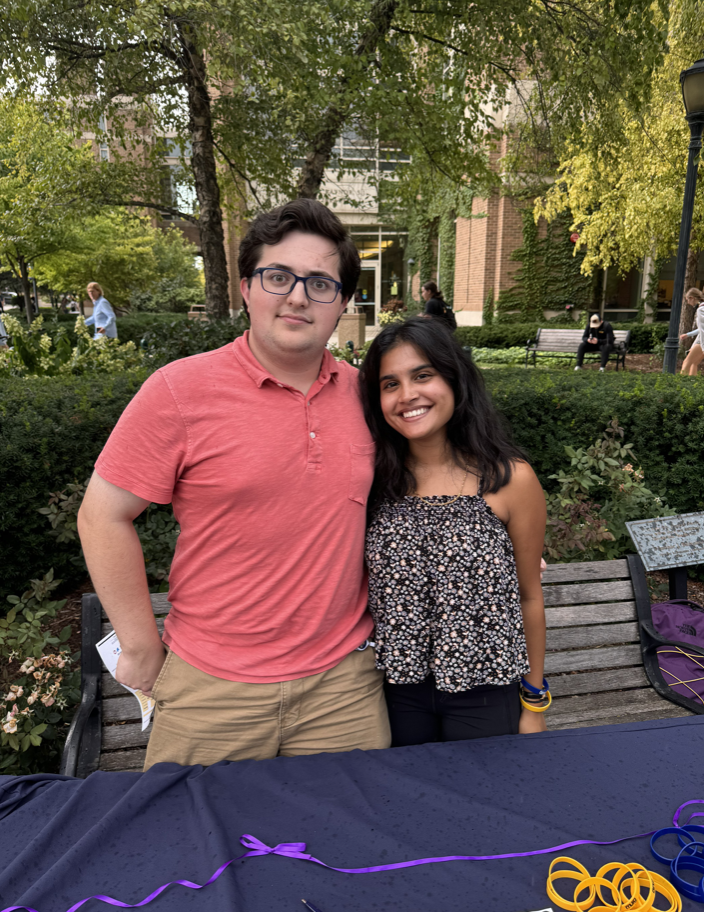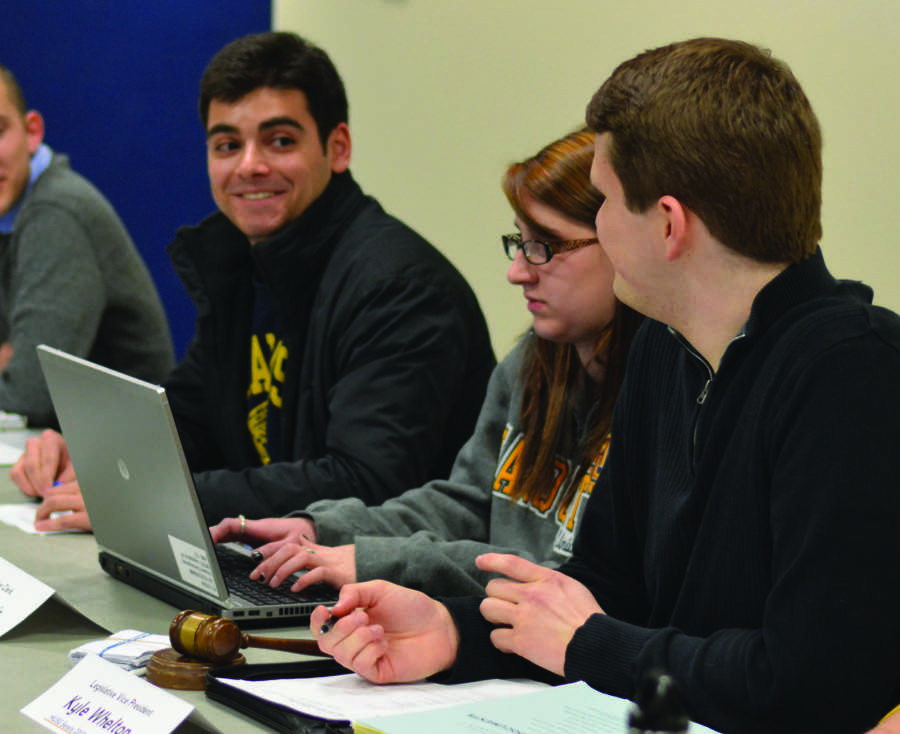At 7 p.m. today, a new president and executive vice president will be inducted into MUSG, beginning their year-long term as the elected leaders of Marquette’s approximately 8,000 undergraduate students. We are excited to see what these two students will achieve and how they will enact the ideas they outlined on their platforms.
One particular issue candidates on both tickets worked on this semester is addressing student organization funding.
Last month, MUSG Senators voted on a piece of legislation called Amendment 5. This amendment aimed to remove the clause in MUSG’s constitution that establishes that a minimum percentage of the Student Activity Fee must be set aside for the student organization funding process.
It did not pass within the MUSG Senate, and for good reason.
While the legislation might seem to make sense in the short term, it also poses long-term problems that need to be addressed.
Last year, MUSG passed legislation lowering the threshold of its budget allocated to SOF from 33 to 30 percent. Amendment 5 attempted to take this a step further by removing any percentage minimum so that funds could be distributed with more flexibility.
Some rationale behind this legislation was a growing number of unreimbursed SOF funds, or money that MUSG allocated to certain student organizations that was never collected by the organizations, totaling $93,476 in the last three fiscal years. This money was then put into MUSG’s reserve fund instead of spent on student activities. The reserve fund contains excess money remaining from annual operating budgets that has accumulated over several years and can only be accessed in special circumstances.
Additionally, student surveys have shown that an overwhelming majority (94.6 percent of students in a Spring 2011 survey) prefers to see funds from student activity fees go to on-campus events, and this legislation would seem to help address this preference by allowing more money to go to the on-campus programming it puts on throughout the year.
It seems logical for a student to answer an MUSG survey saying he or she would rather have the student fee money spent on-campus rather than off, but funding for student organizations to attend training and conferences or club sport expenses do have a place in the student activity fee. They can be just as valuable to those in student organizations as on-campus events, and it should be noted that many student organizations struggle to get fellow students to attend their own on-campus events. While funding for off-campus events probably shouldn’t make up the majority of the SOF spending, it should not be eliminated.
We agree with MUSG that something needs to be done to ensure the best use of students’ money, and we are glad the organization is trying to address the problems at hand. But we don’t believe legislation removing the 30 percent threshold is the answer because it only solves the problems for MUSG and not necessarily for students.
While we believe it to be valuable, on-campus programming only attracts some students. In moving forward with decisions to move money from student organizations to MUSG programming, MUSG should take into account the diversity of students who make up the more than 250 organizations and might not be interested in or available to attend on-campus programs such as Late Nights.
Though the legislation certainly would have given the budget more flexibility and made allocating student funds easier for the budget committee, we believe MUSG can achieve similar goals by increased communication with student organization representatives and a re-evaluation of the importance of off-campus event funding.
We understand that removing the 30 percent minimum would not necessarily mean a great reduction in SOF allocations, but we appreciate that there is money set aside in the MUSG financial policies specifically for these organizations.
One solution may be to change financial policies so that unreimbursed SOF funds can be bookmarked to go to programs instead of the reserve fund next year. Another option would be to create a process by which the senate could vote on sending money not allocated to student organizations back to the programming board, or to the reserve fund if necessary. That way, unspent money would not have to be wasted, while the minimum percentage of money specifically for student organizations would still exist.
We understand that MUSG needs to find a solution to its budgetary issues, but given that Amendment 5 did not pass, we believe it is time to look at other options. Its goal is to improve the process of allocating student money, and we hope to see this next administration accomplish that successfully.







